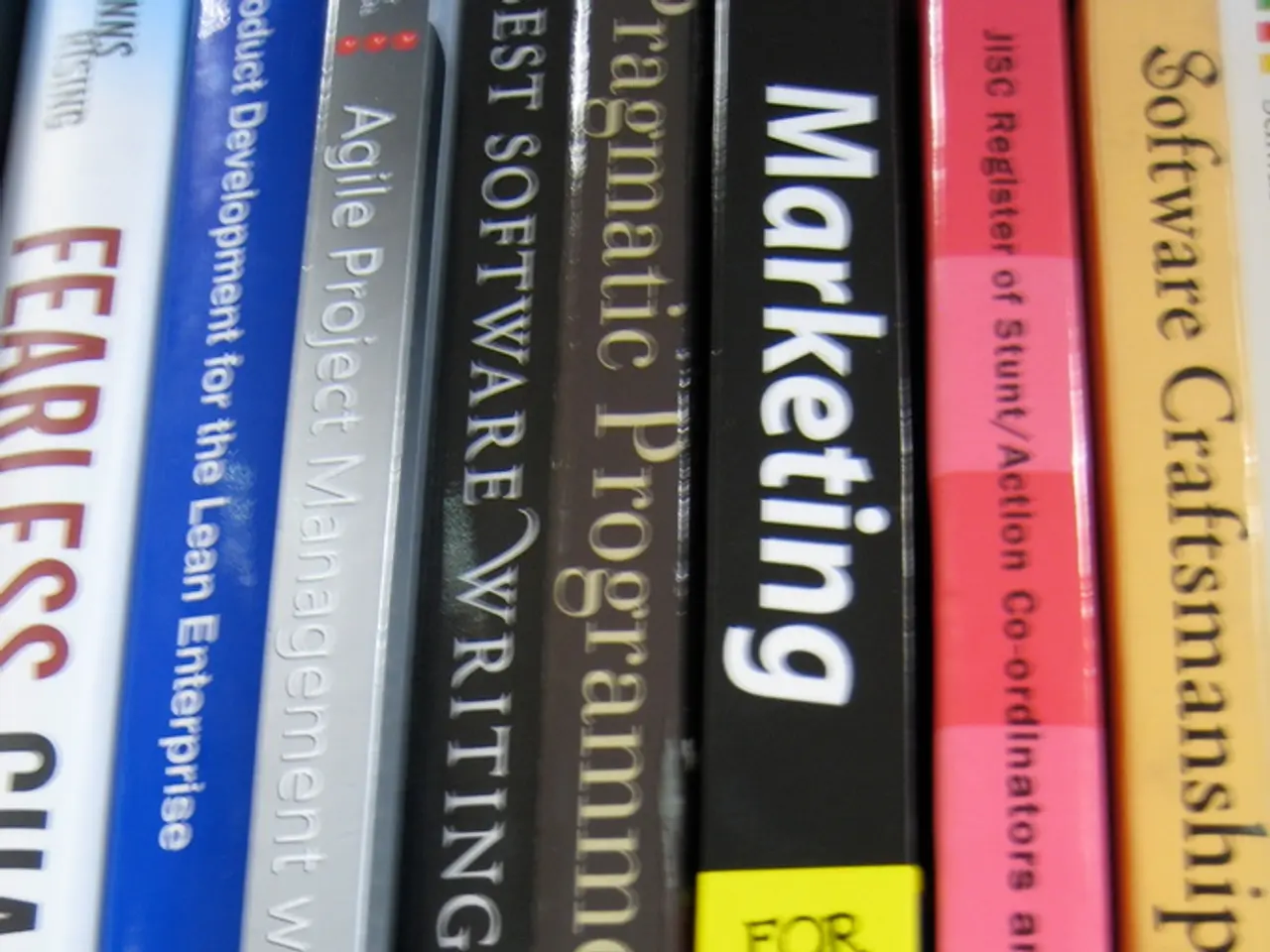Government Minister Affirms Persisting Alignment of School Textbooks with National Educational Guidelines
Vietnam's Education System Embraces Unified National Curriculum with Multiple Textbooks
Vietnam's education system is undergoing a transformation, moving towards a unified national curriculum while still allowing the use of multiple textbooks. This shift is part of the broader education and training reforms reaffirmed by the Politburo in 2024, with the aim of improving education across the country.
Historically, the Vietnamese education system has been centrally managed by the Ministry of Education, with a focus on organizing education into primary, secondary, and higher levels. The government has aimed to balance universal access and cultural appropriateness in education given Vietnam’s multiethnic population and rural challenges.
The objective of implementing a unified national curriculum is to standardize educational content and quality while enabling some flexibility in teaching materials. Multiple textbooks that align with this curriculum are permitted to give schools and teachers options, thus supporting diverse pedagogical approaches without fragmenting the core curriculum principles.
Minister of Education and Training Nguyẽn Kim Sơn has stated that the approach of using multiple approved textbooks has shown initial positive results. All textbooks approved for use must follow the 2018 general education curriculum, which sets detailed content and competency requirements.
The minister has received a proposal to use a single nationwide set of textbooks in schools. However, Minister Sơn added that textbooks are just one of many learning resources. The ministry will review local implementation and listen to public feedback to refine its policies.
Textbooks in Vietnam are required to meet the same learning outcomes, despite differences in language or teaching methods. The national curriculum sets out core competencies and qualities students are expected to develop, along with mandatory content for all learners nationwide. Textbooks are intended for long-term use and should not be written in or marked, to encourage reuse.
Students using different textbooks are not at a disadvantage, as all materials are developed to meet the same educational goals. Minister Sơn pledged continued reforms in teaching methods, assessment, and examinations.
The ministry has issued regulations guiding schools and provinces in selecting textbooks for classroom use. Since the 2020-2021 academic year, schools in Vietnam have been implementing the new general education programme using multiple approved textbooks.
In summary, the unified national curriculum sets standardized educational goals and content nationwide. Multiple textbooks aligned with this curriculum are allowed to support varied teaching methods. This structure aims to modernize and unify Vietnam’s education system while accommodating local needs and teacher preferences. These reforms were specifically emphasized by the Politburo in 2024 as part of a broader education and training reform agenda.
- The implementation of a unified national curriculum in Vietnam's education system has also sparked discussions about involving Artificial Intelligence (AI) in teaching, with the potential to adapt content and learning methods to individual students' needs.
- Meanwhile, contemporary issues such as political unrest, the effects of war, and related general news frequently find their way into classrooms, necessitating teachers to develop pedagogies that sensitively navigate these topics while maintaining educational integrity.
- On a regulatory level, it's worth noting that changes in the law are often influenced by advancements in education, self-development, and broader sociopolitical contexts, ensuring that Vietnam's education system remains responsive and relevant in a rapidly evolving world.




